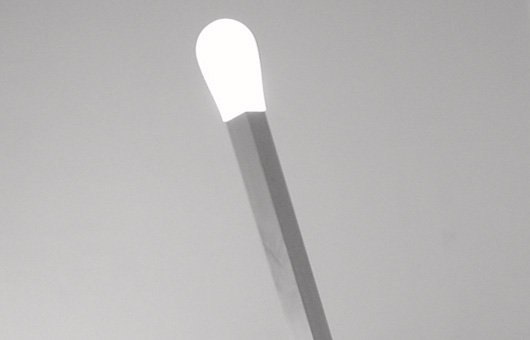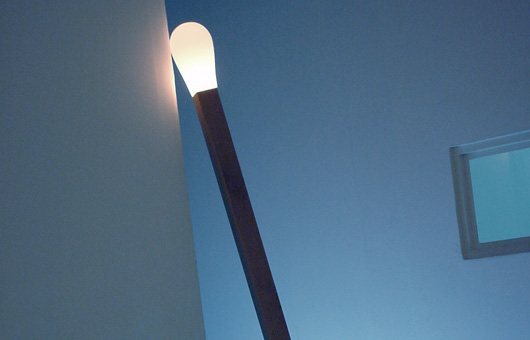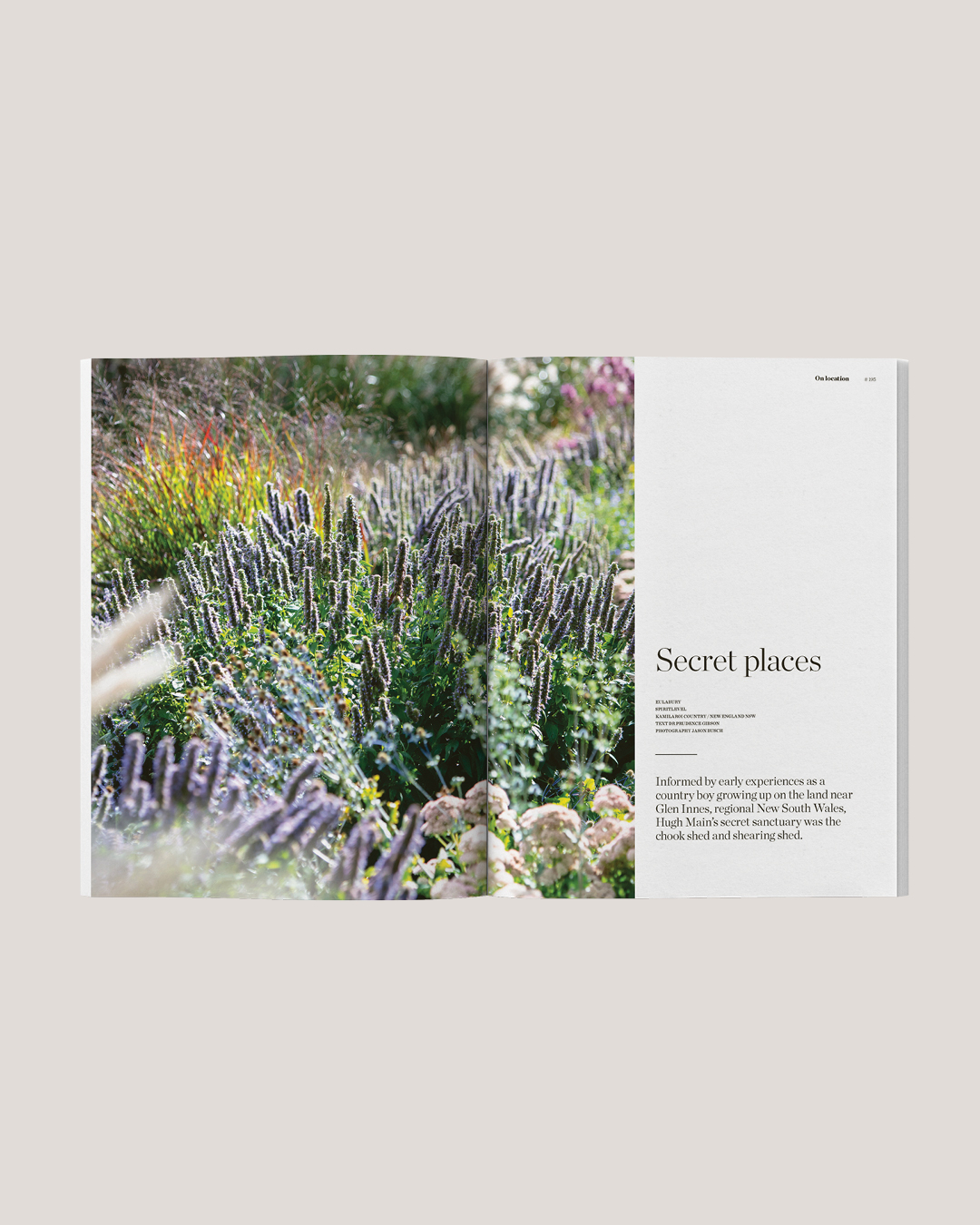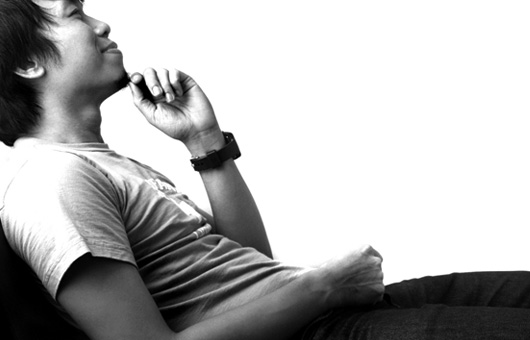Andrea Millar caught up with Creative Director of Propaganda, Satit Kalawantavanich, and product designer, Ankul Assavaviboonpan, in Habitus Issue 01. Following are some more insights into their design philosophy, the similarities and differences between designing for the east and west and their own influences.
SATIT KALAWANTAVANICH (Creative Director)
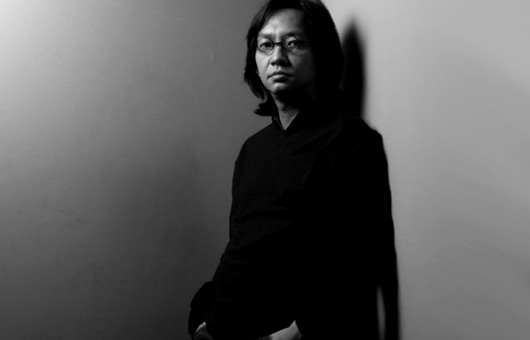
Q. Thai
marketplace or the global marketplace?
A. We
don’t see Thailand as our domestic market or the western market as our
international market. We are designing for a ‘global market’, trying to
communicate something to the people across the whole world.
Our core product concept is derived from ‘being Thai’, but we
also learn to understand the attitude, emotion and feeling of people from
different language and different countries. Form is universal– there is no
difference.
Our products value Thai culture and the ability to create
acceptance from people living in the other side of the world. What we do is
make our culture the fuel in building a new concept or idea which stands out
from other brands, yet still contains elements of human emotion – west or east.
Now there are numbers of countries who accept Propaganda as
we are. Today we have our products sold in more than 40 countries worldwide.
Q. Do you think Propaganda is influencing the design industry and consumers in
south East Asia? How?
A. Propaganda
products are now more than 200 items and vary in sub-categories. One of the
major categories is Mr.P. Mr.P is lovable to every market in the world and he
gains his extreme popularity especially in Asia.
While European countries tend to love the minimal design from Propaganda, Asian
consumers tend to love the way of emotional design and character of Mr.P
express.
Propaganda may be the only brand of Asia which stands out in the world market.
We have designers and numbers of design consumers who keep tracking our
movement.
Maybe we are a sample or the hope of designers or Asian entrepreneurs who have
a dream to succeed in the world in their own way.
We were copied by China because our Mr.P design gives them easy profit. We
don’t know if we should be sorry or happy about it. At the very least the
spreading of Propaganda product counterfeit all over Asia is showing our
popularity, in brand and products.
Q. How important is design at home?
A. Home
is not just a place for sleeping but it’s the design that digs deep in human
being. Home is the machine for living. It works with our feeling through space
and sets the meaning of each space… this is not Paris, Milan or Tokyo but
Bangkok city where charms come from disorderliness and the organic growth.
ANKUL ASSAVAVIBOONPAN (Product Designer)
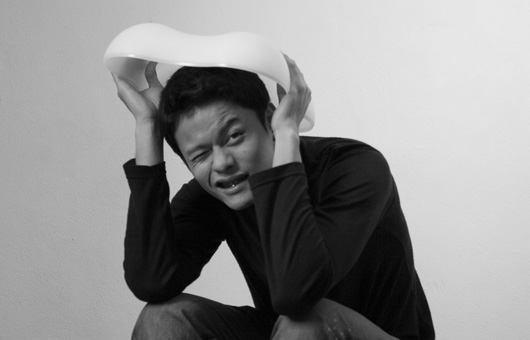
Q. Where do you
draw inspiration for new products?
A. Mostly
it is the things around me. The problems I face in my everyday life which sometimes
just happen in a short or certain moment especially when I am in the restroom.
Sometimes I just don’t have time to find inspiration but when you are forced
and get a lot of pressure, you will then be able to suddenly create a work that
you’ve been trying so hard to think about but couldn’t succeed.
Q. What kind of
furniture and objects fill your home?
A. I bought two kinds of furniture to fill my room. Those that I
actually use in my everyday life or for decoration such as modern designs which
are already designed to support simply living, and the other kind are the
furniture or objects that I bought to study such as furniture classic designs.
For me, it’s important to really see and feel the real design. I believe that
they give us more than just an aesthetic value but to be able to learn the
design thinking system and getting to know production method is good practice
for my career.
Propaganda
propagandaonline.com
Portraits: Itti-on B. Vienravi
Still Lives Photography: Mr. Chaiyut Plypetch and Itti-on B. Vienravi (Dog lamp)
